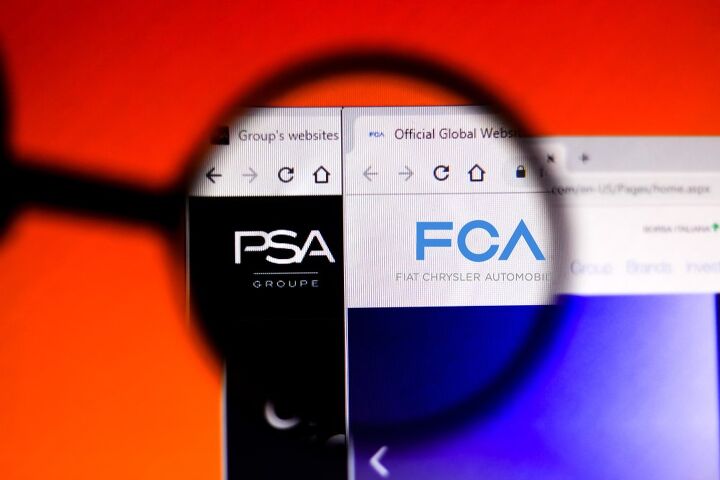#anti-trust
PSA-FCA Merger Doesn't Need Any Changes: Tavares
PSA Group CEO Carlos Tavares has bucked the notion that his company’s merger agreement with Fiat Chrysler Automobiles needed its terms massaged. Living through the coronavirus should be proof enough that automotive partnerships are essential for weathering the coming economic storm, and that governments shouldn’t stand in the way — or so goes the theory.
During PSA’s annual shareholder meeting on Thursday, the CEO suggested that the poor condition the global auto industry finds itself in makes this a poor time to discuss the issue. Tavares believes the unsavory conditions created by COVID-19 makes cost savings even more vital and that partnering with another automaker is its best bet to stay healthy. “The merger with FCA is the best among the solutions to cope with the crisis and its uncertainties,” he said.
EU Launches Emissions Collusion Investigation Against German Automakers
Roughly one year ago, German automakers were confronted with a crisis. Following Volkswagen’s diesel emissions fiasco, European antitrust regulators became suspicious that BMW, Daimler, and VW Group were involved in a longstanding automotive cartel that cooperated on decisions regarding technical issues, development, supplier management, and illegal price fixing. Investigators were also concerned manufacturers worked together to standardize diesel treatment fluid (AdBlue) reservoirs to reduce exhaust emissions, then encouraged each other to cheat on emissions tests when they were deemed insufficient.
This resulted in a series of raids and then almost a full year of silence on the matter. However, if Volkswagen’s dieselgate has taught us anything, it’s that German authorities prefer a snail’s pace when pursuing a criminal probe.
Apparently unsatisfied with the initial findings, the European Commission opened an in-depth and official investigation on Tuesday against the “circle of five,” a group that includes Audi, VW, Porsche, Daimler, and BMW. The quintet is accused of holding meetings where they colluded to limit the development and application of certain emissions control systems for cars sold in Europe. There’s also an accusation of price fixing.

















Recent Comments